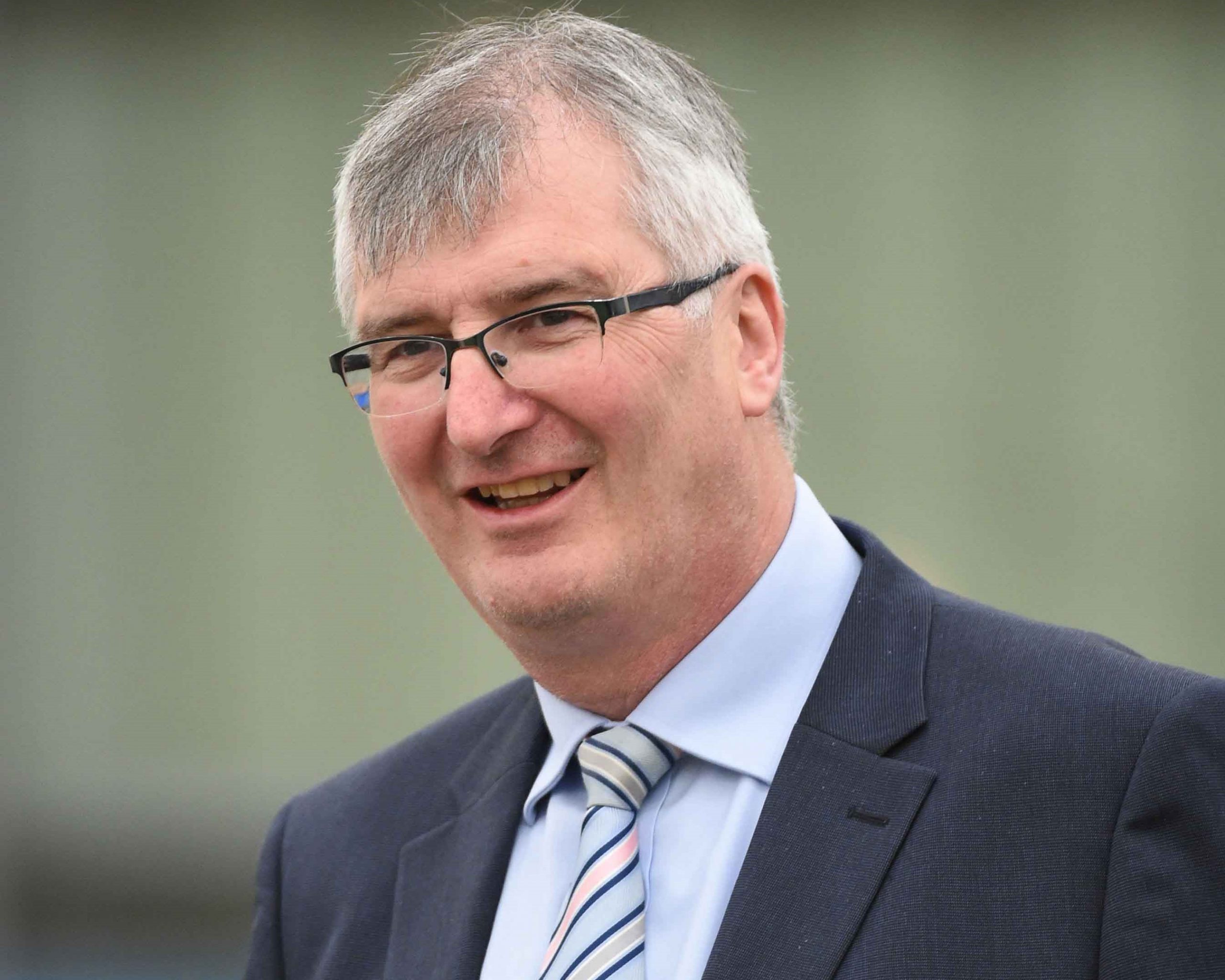By Matthew Leslie
Tributes have been paid to former First Minister and leader of the Ulster Unionist Party (UUP), Lord David Trimble who died after a short illness aged 77.
UUP MLA for Fermanagh & South Tyrone – and former party leader himself – Tom Elliott said that Lord Trimble was “ahead of his time” while former Fermanagh DUP MLA and ex-First Minister, Dame Arlene Foster, stated that “history will be kind to David”.
Lord Trimble, despite much criticism from some within his own party and the DUP, led the UUP into the negotiations with both the government in the Republic of Ireland and Sinn Fein that secured the Good Friday Agreement that brought in power-sharing at Stormont and an end to The Troubles.
Tom Elliott said that Lord Trimble’s brave approach ensured that he dared to do what other unionists were prepared to do and take a calculated risk to bring peace to Northern Ireland.
He said: “I served on the party executive with David before I was elected back in the 1990s. He was always difficult to almost get to know but he was very astute and very much ahead of his time.
“He had ideas and views and took them forward whereas other people may have had those thoughts and views but probably, in fairness, were not brave enough to take them forward.
“David was brave enough to do that. he took on things that nobody else would. From a political perspective, there wasn’t anybody else in unionism (that would do that). I was a leader of the party myself and there was nobody else who would have taken the decisions that he took – whether they were right or wrong.
“The one thing about him was that what he did, he always believed in. He didn’t do anything that he didn’t absolutely believe in. There were some things that he had difficulties in selling – even to himself – but when he took that decision, he believed that it was right and that was his primary focus.
“The decision he took to negotiate with Sinn Fein over what became ‘The Good Friday Agreement’ was massive for a number of reasons.
“Other people within unionism were not happy or content in going forward in that way because of a number of things. One being the involvement of the Irish Government but secondly, the involvement of Sinn Fein who were very much attached to the IRA and inextricably linked to the IRA.
“The IRA had carried out so many murders of people from the unionist community so there were difficulties in that.
“Also, if you look at the groupings of nationalist people in the talks, they were by and large at one in trying to get a deal. Coming into the referendum, I’m sure that the vote on the nationalist/republican side was probably well over 90 per cent.
“Whereas it was much less in the unionist community and David had to take that on by himself – in terms of as being the sole unionist leader. I know smaller parties were with him on this but others were not. So it was a massive challenge for those reasons.
“What I noticed in more recent years is that other people have been lauding the Belfast Agreement who had opposed it at the time.
“You would have thought that he would have been bitter and annoyed about that, but he wasn’t. He actually – privately – took that as an indication that he was right.
“He was of the opinion that if these people want to laud it now and want to take my clothes then that’s fair enough – let them do that. His thought process was, ‘I have done the hard work for them, let them pick up the mantle’.
“David suffered politically from that at the time in the way he was treated.”
Lord Trimble also had a close relationship with Fermanagh with many of his closest allies hailing from the county.
Elliott added: “He was always very keen on Fermanagh – some of his closest allies were from here. You had Ken Maginnis, James Cooper who played a very significant role in the (GFA) talks process and Sam Foster who was one of his first ministers that he appointed (Minister of Environment).
Former First Minister, and MLA for Fermanagh & South Tyrone, Dame Arlene Foster, also paid her condolences, while admitting that she and Lord Trimble did not always see eye-to-eye over the years.
She started her political career in the Ulster Unionists, before defecting to the DUP over facets of the Good Friday Agreement. Dame Foster said history “will be kind” to the man who led Ulster Unionism to the negotiating table.

Elliott pays tribute to Lord David Trimble
Posted: 11:07 am July 28, 2022
Posted: 11:07 am July 28, 2022








